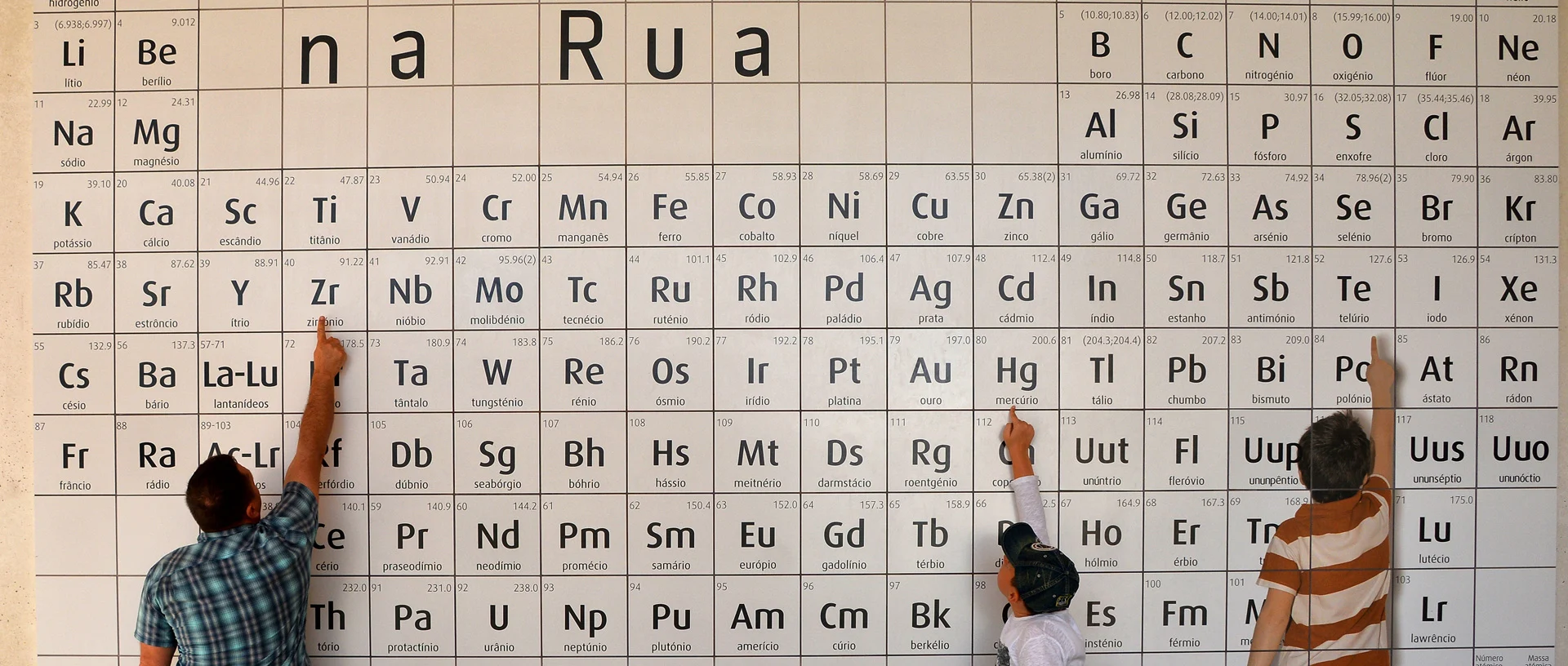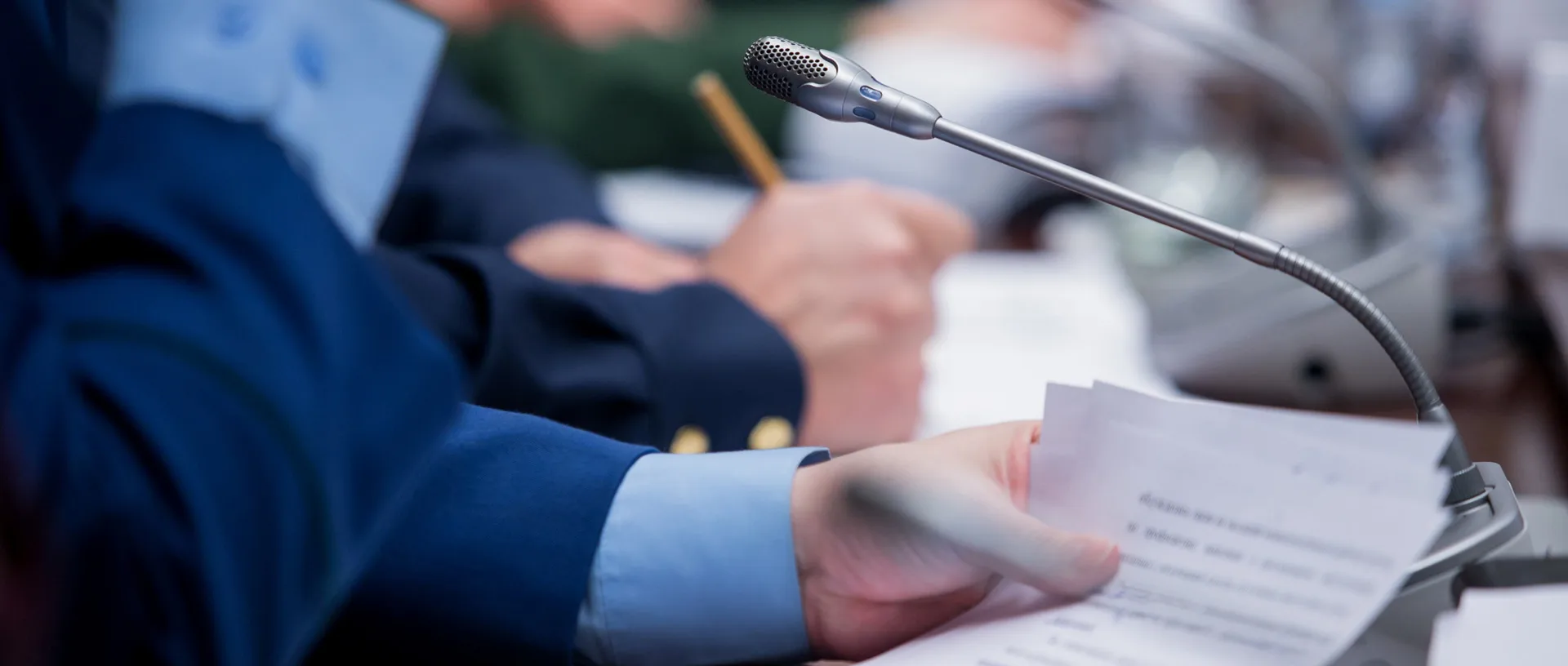It was not always like this. In 2005, according to a Eurobarometer survey, interest in science and technology in Portugal was, as in Austria, relatively low compared to other EU countries. While science skepticism is still widespread in Austria, as current results from the Science Barometer of the Austrian Academy of Sciences (OeAW) show, Portugal did surprisingly well in the latest Eurobarometer survey from 2021.
What led to this increase? And what is so special about science communication in Portugal? Rosalia Vargas, who has been running the “Ciência Viva” (living science) program in Portugal since 1996, talks about this. She was recently a guest at the OeAW in Vienna for a discussion on the subject.
“WE NEED TO START WITH THE CHILDREN”
Ms. Vargas, you have established a unique program of innovative science communication in Portugal called Ciência Viva. Can you briefly explain what is it about?
Rosalia Vargas: Well, I can tell you a brief story. Once upon a time, 26 years ago, in 1996, our Minister of Science and Technology, Professor José Mariano Gago, launched Ciência Viva and invited me to run this program. The idea was to work closely with the scientific community and the schools to embed science in society. The most important question was: how to bring science closer to people? One of the answers: We need to start with the children. School is the best place to work with the new generation to nourish their curiosity, especially about science and we know that, for many, this is the only way to have direct contact with science, before leaving school.
What happened next?
Vargas: We started by launching a call for proposals to the schools - with one particularity: it was required that in these projects the teachers worked together with scientists. The purpose was to build partnerships between schools and academia. Partnerships are very important because no one knows enough to do everything alone. So, working together is needed, particularly in science, where it is essential to share knowledge and expertise even on an international scale.
Our science centers are successful because they are close to the people
Did you have the support of politicians from the start?
Vargas: Yes. These projects were launched and supported by the Ministry of Science and Technology. And to work with the schools, we entered into a partnership with the Ministry of Education. But we did it in a very open way. The financial support from the European Commission, through European Regional Development Funds, was also very important.
EVERY SCIENCE CENTER IS DIFFERENT
At the heart of Ciência Viva are science centers throughout the country with a low access threshold. Is this a way to reach people who otherwise feel little addressed by science?
Vargas: Our science centers are museums with a modern approach. They are very interactive, open and updated, looking at research beyond tomorrow. And these science centers were created in partnership with scientific institutions, universities, polytechnic institutions and local authorities. We opened science centers all over the county. They are successful because they are close to the people and installed in buildings relevant for the local community, such as a former mining facility, a church, a monastery, a factory, even an old prison.
We created a science tourism program to promote visits to all the science centers
Are all science centers designed similarly?
All science centers are different from each other – a good reason to visit each and every one of them. We created a science tourism program to promote visits to all the science centers. The program includes a common entry card, supported by an app and a guide. Besides visiting the science centers, the visitor can choose from a wide variety of science tourism activities offered by more than 100 partnerships with other entities, and special rates on more than 100 restaurants and hotels.
EXPERT KNOWLEDGE ON TOPICS THAT ARE OF INTEREST TO CITIZENS
In the most recent Eurobarometer survey from the previous year, which, among other things, asked about attitudes to research and scientific knowledge, Portugal consistently ranked at the top. In Austria, the scores were catastrophic. Has Ciência Viva also changed the way people talk about science?
Vargas: For many years Portugal was at the bottom of the Eurobarometer results in Europe. Then the Eurobarometer from 2021 showed a remarkable change. Why? Because we started 26 years ago and we didn't stop. It takes a generation to change, it is not a quick thing to do. But now the Portuguese are confident in science and in the scientists. And they say that they want to know more about science and technology - and they want to know more from the scientists.
It takes time, but now the Portuguese are confident in science and in the scientists
The most powerful thing to connect people is a good program. And here the partnership with the scientific community has been crucial. The probability of meeting a scientist at the science center is very high, as scientists give lectures and work together with the Ciência Viva teams. The science centers are very lively places where people can find expertise about relevant issues, like the pandemic, health issues, climate or economics.
Portugal was also the champion in vaccination during the pandemic. Do you see a connection to your work?
Vargas: Yes. Of course it cannot be seen as the only cause but we strongly believe that there is a connection, because citizens in Portugal trust science and its scientists. Trust is a critical element in bringing science and society closer together.

